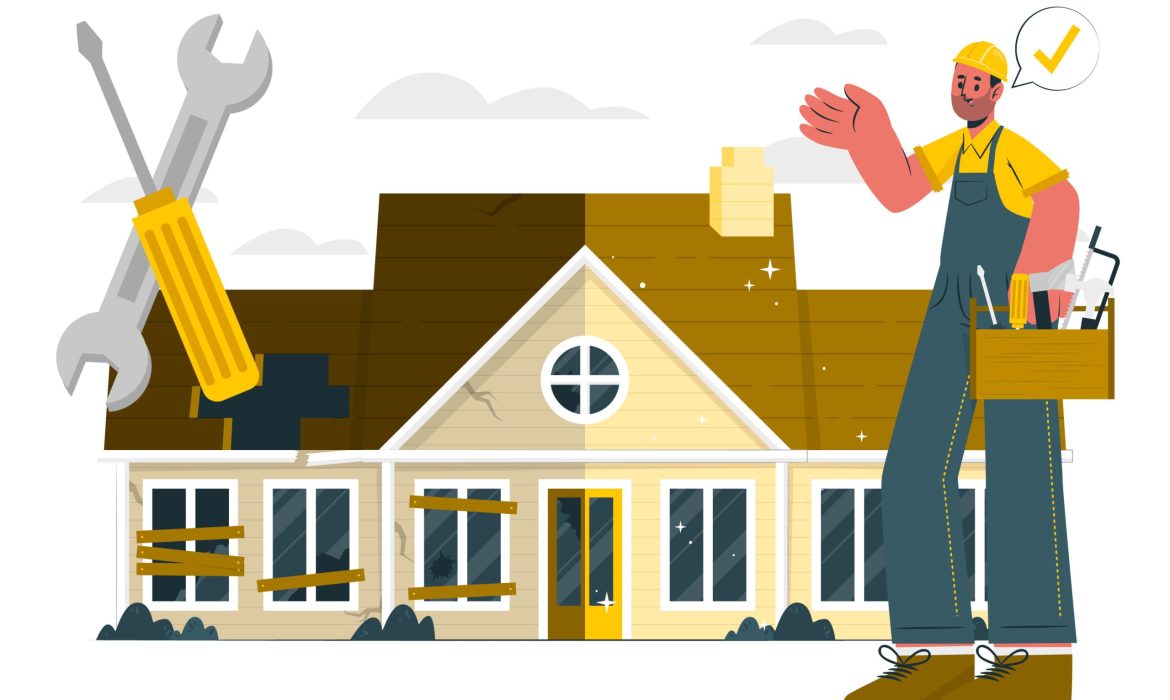Welcome to Day 6 of Jinnie’s 7-day blog series on “Energy Efficiency and Sustainability at Home.” We’ve covered a lot of ground so far, from reducing energy consumption and choosing renewable energy sources to insulation and weatherproofing your home. Today, we’ll explore how smart home devices can enhance your home’s energy efficiency, making it easier than ever to save energy and reduce your carbon footprint.
Why Smart Home Devices Matter
Smart home devices allow you to automate and control various aspects of your home’s energy usage, often from the convenience of your smartphone or voice assistant. These devices can learn your habits, adjust settings automatically, and provide insights into your energy consumption. By optimizing the way your home uses energy, smart devices can help you reduce waste, save money, and live more sustainably.
1. Smart Thermostats
Smart thermostats are one of the most effective ways to improve energy efficiency in your home. Unlike traditional thermostats, smart models can learn your schedule and preferences, automatically adjusting the temperature to maximize comfort while minimizing energy use. Key benefits include:
- Automatic Adjustments: Smart thermostats can lower the temperature when you’re asleep or away from home and raise it when you’re about to return. This ensures your heating and cooling systems run only when needed, reducing energy consumption.
- Remote Control: With a smart thermostat, you can control your home’s temperature from anywhere using a smartphone app. Forgot to turn down the heat before leaving? No problem—you can adjust it remotely.
- Energy Insights: Many smart thermostats provide detailed reports on your energy usage, helping you identify patterns and opportunities for savings. Some models even suggest ways to reduce energy consumption based on your habits.
2. Smart Lighting Systems
Lighting is another area where smart technology can make a big difference. Smart lighting systems allow you to control your lights remotely, set schedules, and adjust brightness levels based on your needs. Here’s how they contribute to energy efficiency:
- Automated Schedules: Set your lights to turn on or off at specific times, ensuring that they’re only used when necessary. For example, you can schedule outdoor lights to turn off at sunrise or have your indoor lights dim automatically in the evening.
- Motion Sensors: Some smart lights include motion sensors that turn lights on when you enter a room and off when you leave. This feature is particularly useful for areas like hallways, bathrooms, and closets, where lights are often left on unintentionally.
- Dimming Capabilities: Smart lighting systems often include dimming features, allowing you to reduce brightness when full lighting isn’t needed. Dimming lights can significantly reduce energy consumption, especially if you use LED bulbs.
3. Smart Plugs and Power Strips
Smart plugs and power strips give you control over individual appliances and devices, allowing you to turn them on or off remotely or set schedules. They’re an excellent tool for reducing “phantom” energy use—the energy consumed by electronics when they’re plugged in but not in use. Key advantages include:
- Remote Control: Like other smart devices, smart plugs can be controlled remotely, so you can turn off appliances even when you’re not home.
- Energy Monitoring: Some smart plugs come with energy monitoring features, providing real-time data on how much power a device is using. This information can help you identify energy hogs and take steps to reduce their consumption.
- Automation: Set schedules to automatically turn off devices like coffee makers, printers, or entertainment systems when they’re not in use, ensuring that you’re not wasting energy.
4. Smart Appliances
Many modern appliances come with smart features that enhance their energy efficiency. These appliances can be controlled via apps, offer energy-saving modes, and provide insights into usage patterns. Here’s how smart appliances can contribute to a more energy-efficient home:
- Refrigerators: Smart refrigerators can adjust their cooling cycles based on usage, reducing energy consumption when the door isn’t frequently opened. Some models even alert you if the door is left open.
- Washing Machines and Dryers: Smart laundry appliances often include eco-friendly modes that use less water and energy. They can also send notifications when a cycle is complete, preventing clothes from sitting in the dryer, which can waste energy.
- Ovens and Cooktops: Smart ovens can preheat remotely and automatically adjust cooking times and temperatures for optimal efficiency. Some models even have features that allow you to cook multiple dishes simultaneously, reducing overall energy use.
5. Smart Energy Monitors
If you’re serious about optimizing your home’s energy efficiency, consider investing in a smart energy monitor. These devices connect to your home’s electrical panel and provide detailed insights into your energy usage, often in real-time. Benefits include:
- Comprehensive Monitoring: Smart energy monitors track the energy consumption of your entire home, breaking it down by appliance or circuit. This data helps you identify which devices are consuming the most energy and when.
- Cost Tracking: Many smart monitors translate your energy usage into cost estimates, showing you how much each appliance or device is adding to your electricity bill.
- Alerts and Recommendations: Some smart energy monitors offer alerts for unusual spikes in energy use and provide personalized recommendations for reducing consumption.
6. Smart Water Heaters
Water heating is one of the largest energy expenses in many homes. Smart water heaters allow you to monitor and control your water heating system for greater efficiency. Features include:
- Temperature Control: Adjust the water temperature remotely or set schedules to heat water only when needed, reducing energy waste.
- Leak Detection: Some smart water heaters can detect leaks and alert you immediately, preventing water waste and potential damage.
- Energy Usage Tracking: Smart water heaters often provide insights into your water heating energy consumption, helping you make informed decisions about usage.
The Future of Energy Efficiency
Smart home devices are revolutionizing the way we manage energy in our homes. By automating tasks, providing valuable insights, and allowing remote control, these devices make it easier than ever to reduce energy consumption and live more sustainably. At Jinnie, we’re excited about the potential of smart technology to create more energy-efficient homes and a greener future.
Tomorrow, we’ll wrap up our series with Day 7, where we’ll discuss sustainable living and how small changes in your daily habits can have a big impact on the environment. Join us as we conclude our journey toward a more energy-efficient and sustainable home!



